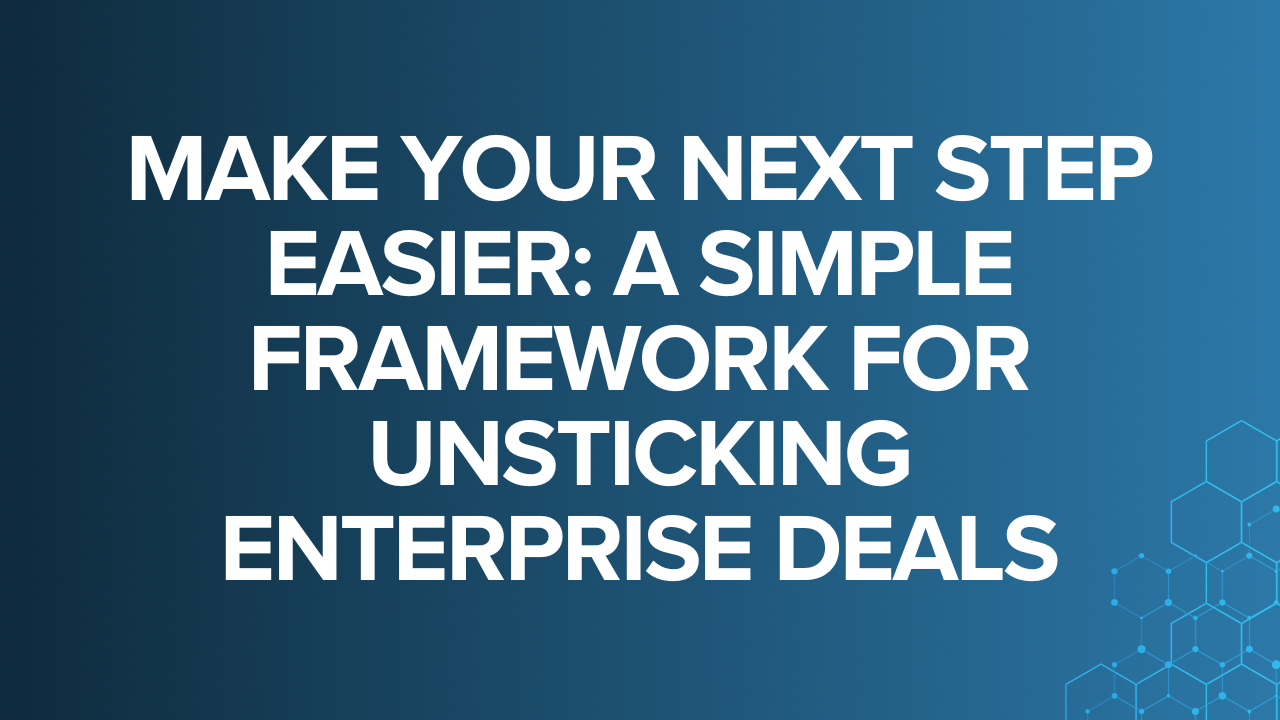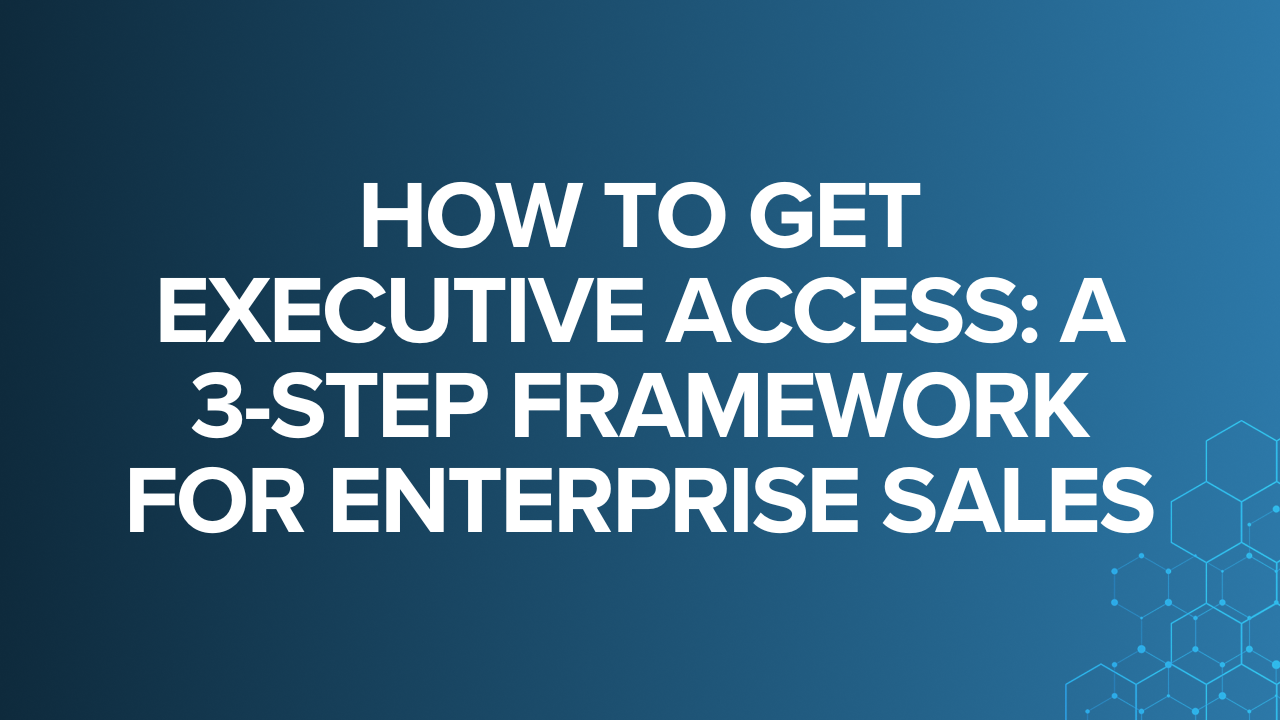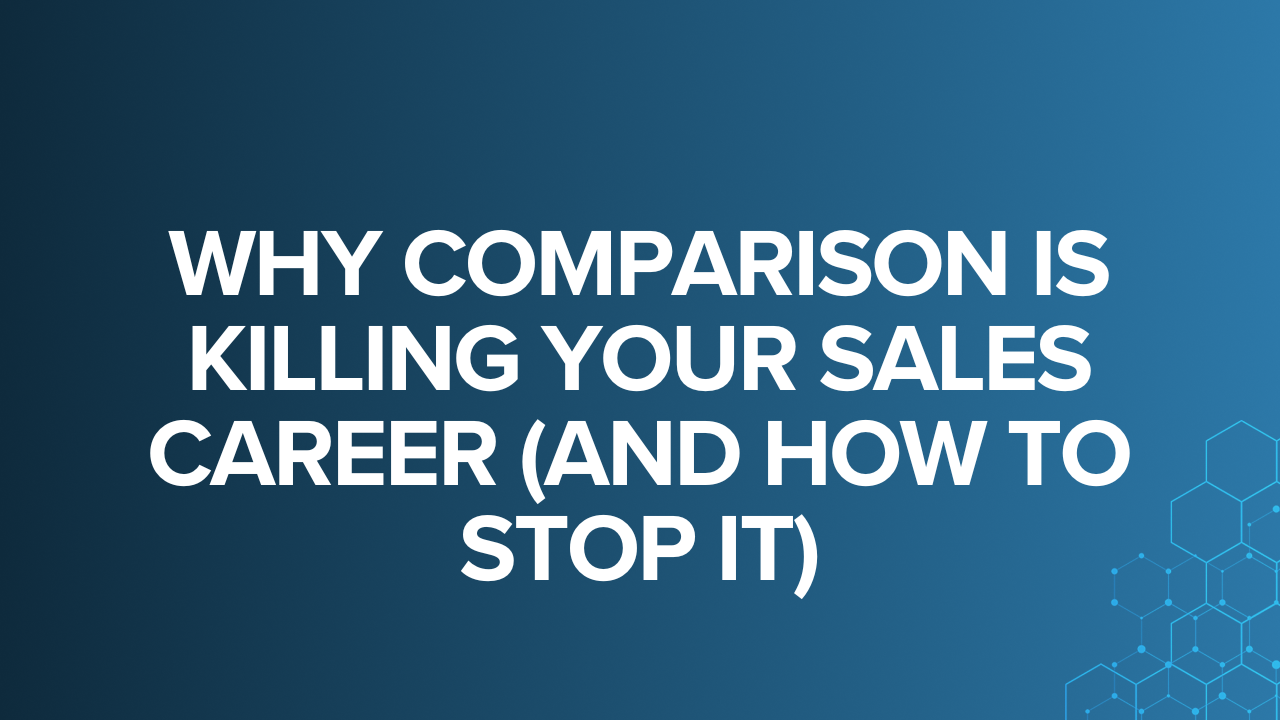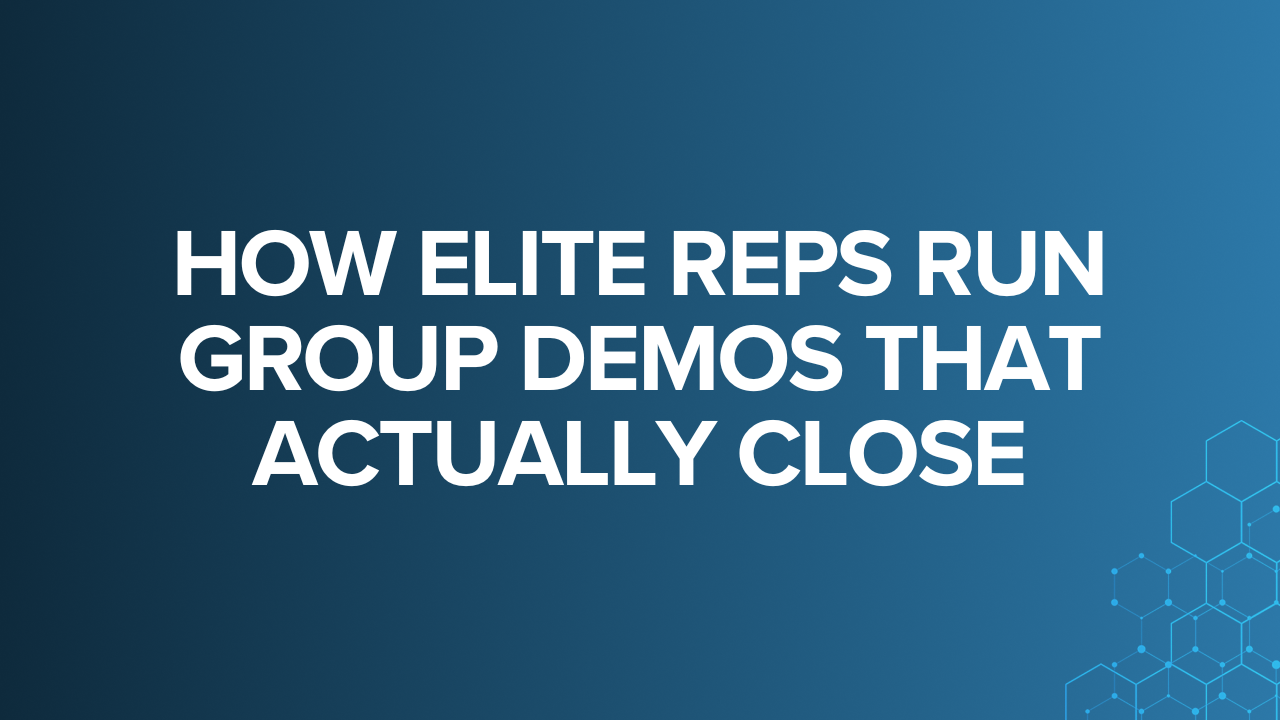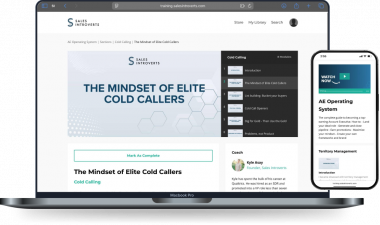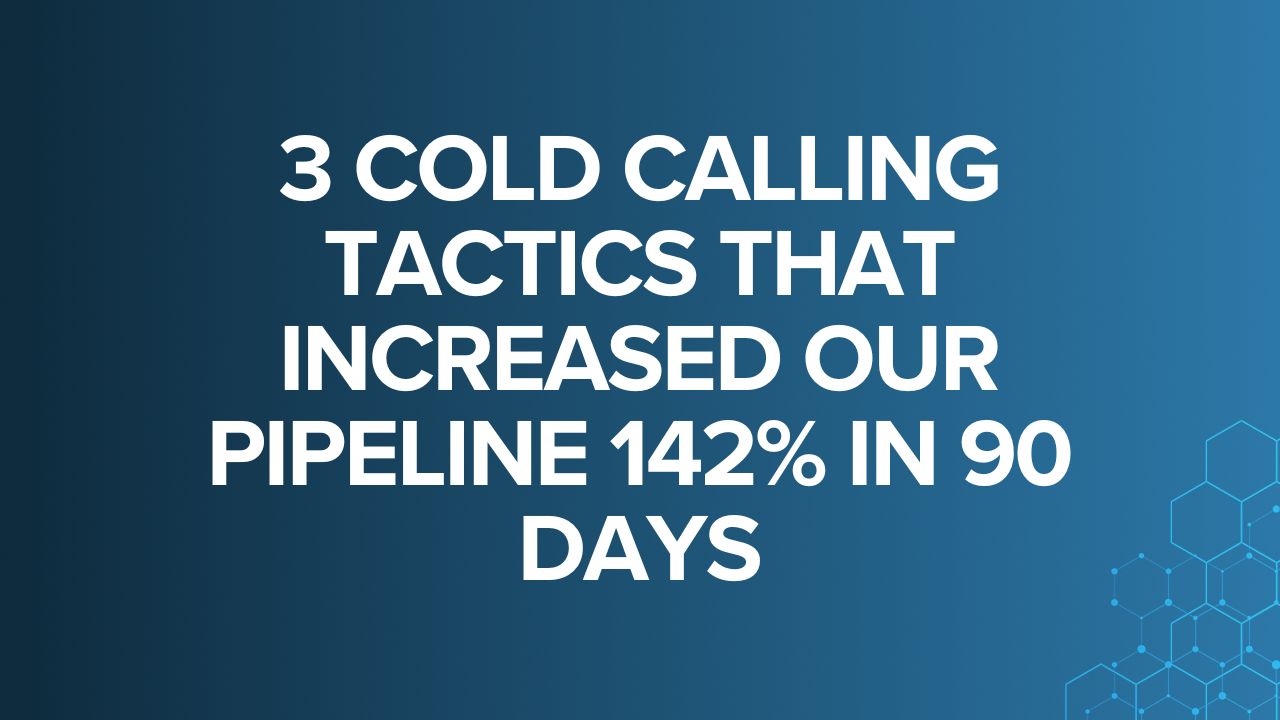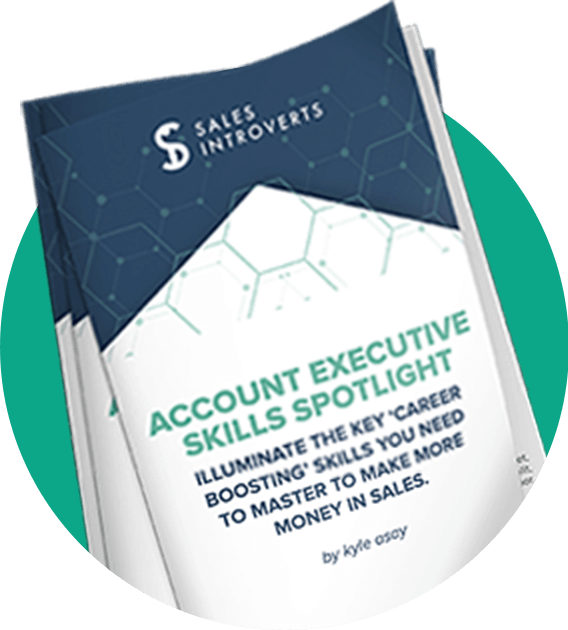Early in my career as an AE, I frequently lost sleep as I stressed about key deals.
Early in my career as a leader, I had anxiety attacks, culminating in an ER visit.
Now, despite a more stressful job than ever, I have an improved ability to manage stress after a focus on improving resiliency.
Here are three ways I’ve been able to improve my resilience:
Shift mindset from “this is a problem” to “this is a good problem.”
Would you rather stress about a big deal coming in this quarter or having no deals?
Would you prefer dealing with the stress of a high-pressure job or struggle with the boredom of a dead-end role?
If you read this newsletter, you are likely in the top 1% of income earners globally. You currently have the “dream job” of thousands of job seekers. Most people would LOVE to tackle the problems you view as significant stresses.
My career’s most significant mindset shift was to stop looking at problems as stresses to be avoided. Stop trying to eliminate problems – embrace them and work on creating better problems to solve.
Realism: The news is never as good or bad as you think.
We’ve all had buyers give us concrete commitments to move forward and then back out. We’ve also all had devastating curveballs threaten key deals that we work through, and still get the win.
Less resilient professionals will swing from 1-10 on an emotional scale:
- After great calls, they are on top of the world, and their “happy ears” may keep them from picking up on risks.
- After bad calls, they are devastated and unable to minimize damage due to their emotional response.
My advice is not to stay flat at an “emotional level” of 5. That’s robotic, and we are all human. However, if you can work to remain in the 3-7 range by remembering, “it’s never as good as it sounds, and it’s never as bad as it sounds,” you’ll find yourself better equipped to identify risk in good news and react effectively to bad news.
Understand the difference between independent and dependent variables.
An independent variable does not depend on the outcome of another. Your opportunities are all independent variables.
However, when a rep loses a couple of deals in a row, they tend to extrapolate those results and approach other, unrelated opportunities pessimistically. Losing one deal doesn’t increase the odds of losing another unless it’s a self-fulfilling prophecy.
Next time you lose a deal, or a few, remember that the only way those losses will impact your other opportunities is if you respond negatively. While your deal outcomes are independent variables compared to each other, they are dependent on your approach and mindset.


